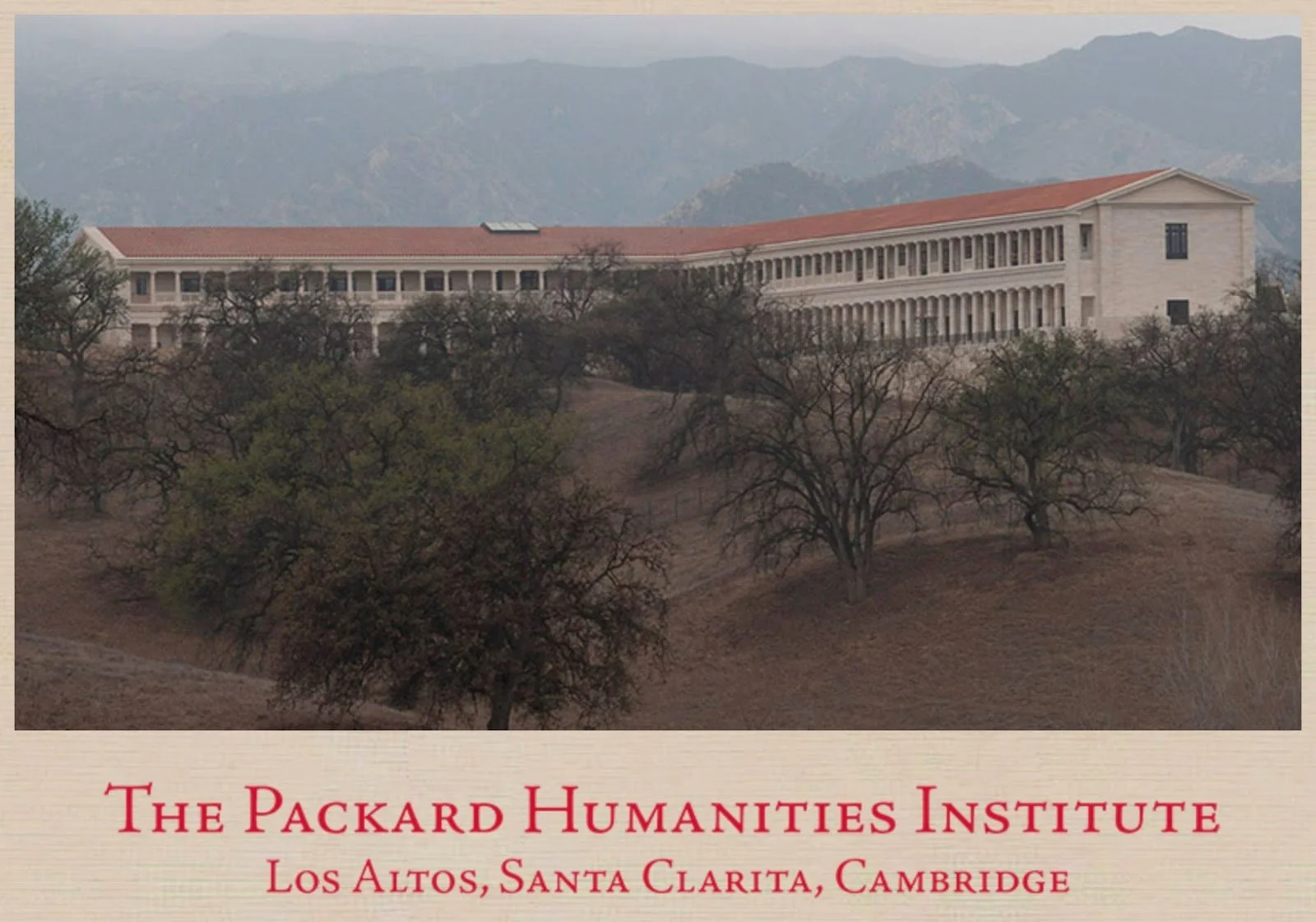Metadata for Superheroes: Designing a MODS Schema for Dark Horse Comics
By designing templates and example records for both creative and administrative materials, I explored how MODS supports nuanced description, rights management, and interrelated content—key needs for a multimedia company. One of the strengths of MODS is its flexibility and XML-based structure, which made it well-suited for handling complex, born-digital and print assets. However, applying MODS outside of a traditional library setting presented challenges, particularly in aligning fields with internal business workflows and proprietary content types. Additionally, balancing descriptive richness with practical implementation required careful judgment to avoid overcomplicating the schema. Overall, this assignment highlighted the strengths and limitations of MODS for corporate archival use and offered insight into adapting bibliographic standards for creative industries.
Archival Review III: UCLA Film & Television Archive
The UCLA Film & Television Archive is one of the largest and most respected moving image archives in the U.S., preserving over 520,000 films, TV programs, and radio recordings. Known for its innovative restoration work and community-focused programming, the Archive supports academic research and public engagement while safeguarding audiovisual heritage for future generations.
Book Review: Digital Art through the Looking Glass: New Strategies for Archiving, Collecting, and Preserving in Digital Humanities
Delve into the complexities of preserving digital art with Digital Art through the Looking Glass: New Strategies for Archiving, Collecting, and Preserving in Digital Humanities. Edited by Oliver Grau, Janina Hoth, and Eveline Wandl-Vogt, this insightful volume brings together global experts to explore innovative solutions for safeguarding digital cultural heritage. Balancing theoretical frameworks with practical strategies, the book addresses challenges such as technological obsolescence, originality, and cultural significance, making it an essential resource for archivists, digital humanists, educators, and art preservationists.


